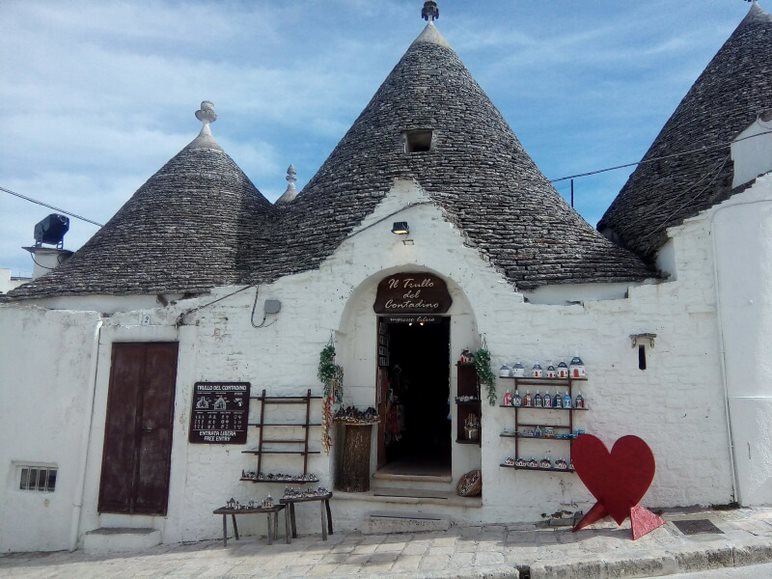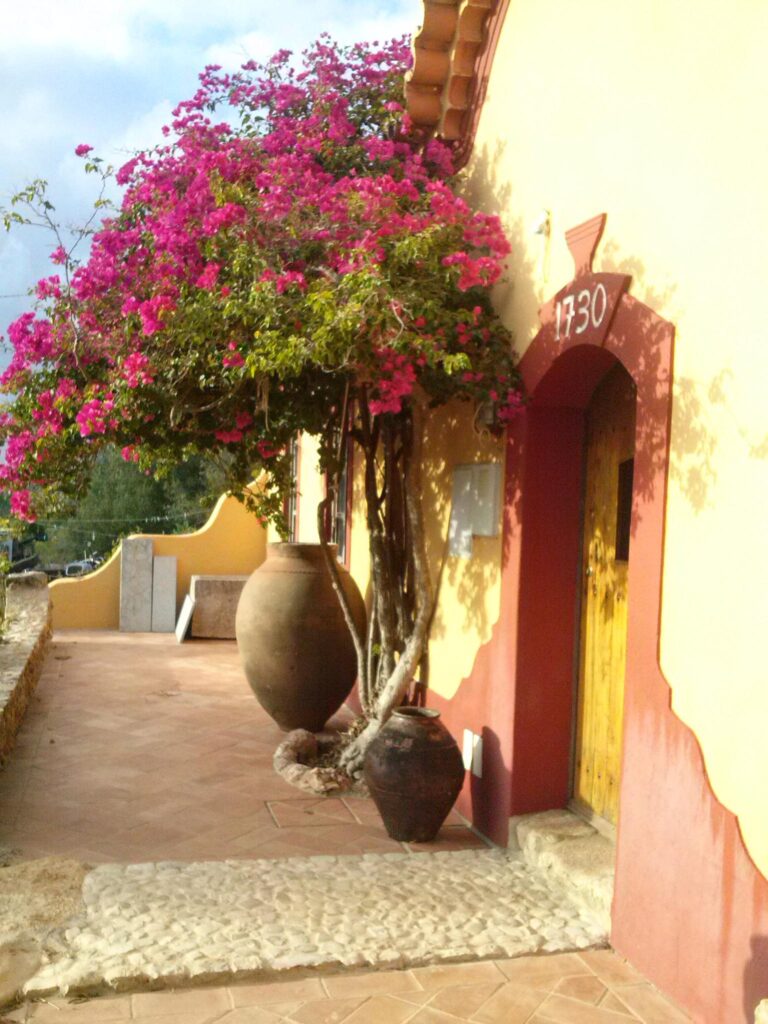What is Workaway? Would you like to work for food and free accommodation and enjoy a budget travel option and cultural exchange around the world? Here I unravel how to do it and how easy it actually is.
For those unfamiliar with the concept of “barter,” let me provide a hint—it signifies an exchange without payment, traditionally involving the exchange of goods for goods, services for services, or services for goods. There are numerous ways to enjoy a stay in a delightful location without breaking the bank, and one of them involves working or offering assistance in exchange for food and shelter. While not exactly volunteering in the traditional sense, it bears similarities. Have you ever come across the concept of Workaway?
For several years now, I have been successfully leveraging the opportunities presented by Workaway, finding it to be one of the most intriguing options for budget-conscious wanderers. Back in 2014, as I embarked on my journey into the unknown, only a handful of people were familiar with Workaway. However, over the years, the community of this website has grown significantly and continues to expand. Despite its increasing popularity, there are still moments when people regard me with curiosity, as if I were an alien, when I recount how I managed to sustain myself in Portugal, Italy, or Spain for several months without a conventional job or a substantial bank balance.
What is Workaway?
In 2014, grappling with total burnout syndrome, a sense of stagnation, and depression, I stumbled upon the Workaway.info website. Contemplating volunteering to shift myself to a new environment and perhaps learn something new and valuable, Workaway turned out to be the perfect solution. It offers an ideal arrangement for low-budget travelers who value connecting with locals, integrating with native communities, and experiencing real life “from the inside.” While the official language of the website is English, you can choose from four other versions: Portuguese, Spanish, German, and French, reflecting its global outreach.

How does it work?
In exchange for 4-5 hours of assistance per day, Workaway provides participants with full board, accommodation, and 2 days off each week. These off-days are typically weekends, though some places may require weekend work, such as hostels. The flexibility extends to negotiating time off during the week. You might even find yourself invited to local events or trips, fostering integration into the community. On the flip side, be prepared for moments when hosts are too occupied to provide entertainment, allowing for more independent exploration. During my Workaway stays, I met people from various corners of the world, creating a diverse and enriching experience.
How is Workaway different from regular volunteering?
Workaway distinguishes itself from conventional volunteering in terms of working hours. While typical volunteering demands extensive time commitment to a specific cause, Workaway provides ample free time outside the hours dedicated to the host. This surplus time allows for exploration of the region, integration with locals, and cultural exchange.
What type of work can you do?
The spectrum of tasks varies based on the host and location. Hosts encompass private individuals, language schools, foundations, hostels, eco-settlements, guest houses, eco-farms, and communities. Depending on your skills and interests, you could find yourself caring for children, working in a garden, picking olives, assisting with renovations, or even teaching English. The Workaway website’s drop-down list provides detailed insights into the available opportunities.

How to start?
Begin by investing $49 in an annual membership to freely navigate the platform, connect with potential hosts, and enable them to contact you. A paid subscription is necessary for active users seeking host contact. With my referral link you can gain 3 months extra! So don’t forget to join the community using my link.
Take time to browse through host profiles, assess the suitability of the vacancy, and decide if it aligns with your preferences. Crafting a comprehensive profile is crucial, serving as your business card and informal CV. Be honest, credible, and thoughtful about how you present yourself.

Sardegna, Italy
What to write in your profile?
In your profile, describe your skills and talents in detail, outlining the type of assistance you can offer. Consider the qualities and interests that might inspire trust as you often become an integral part of the host’s family. Though references are valuable, newcomers can start without them, as I did when I embarked on my first Workaway project.
You can use my PROFILE as reference.
Who pays your travel expenses?
While you must cover transportation costs to your destination, hosts often offer pick-up services from train stations or airports. Discuss these details in advance to ensure a comfortable stay. During your time at a Workaway location, you are entitled to full board and acceptable living conditions. Ensure these conditions align with your expectations, as variations exist among hosts. You must be treated with respect and feel comfortable and secure while committing to your host.

My final thoughts on Workaway
Having participated in nearly 20 Workaway projects since 2014, spanning destinations like Portugal, Italy, France, Spain (including the Canary Islands), and Poland, I emphasize that Workaway is more than a means to save on food and shelter. It is primarily about people. Choose your destination and hosts wisely, as they will become an integral part of your life. While you may encounter a few negative experiences, the majority will involve meeting inspiring individuals, making friends, and perhaps even falling in love. Workaway exposes you to diverse facets of life, helping you learn about yourself, let go of the past, and ultimately conclude that it was worth every moment.
If you’re ready to join the Workaway community, click THIS LINK to begin your adventure. You will get 3 extra months for free with this link.
Explore my blog for more posts about workaway HERE.

Not ready for the Workaway? Get my ebook on budget travel regardless your age and how to overcome excuses that stop you from travelling.
You can also get this e-book in my blog HERE.